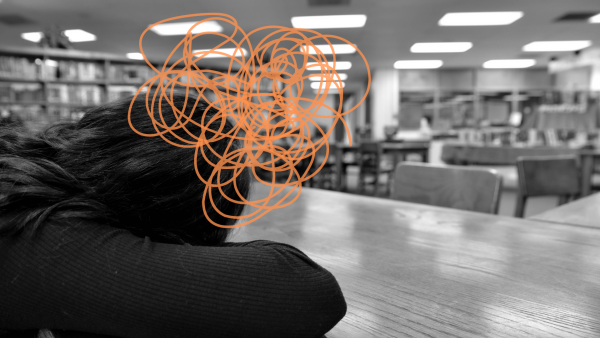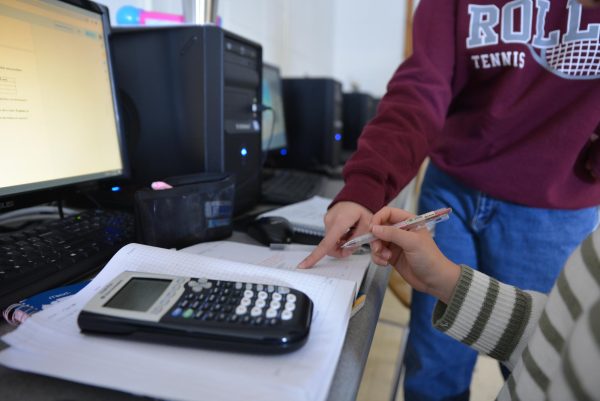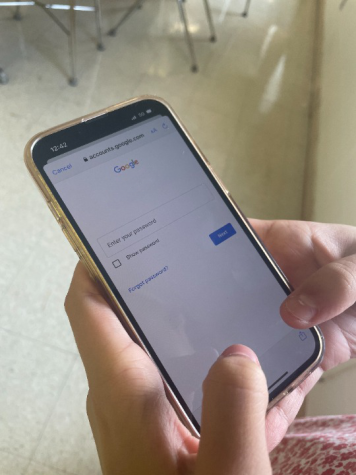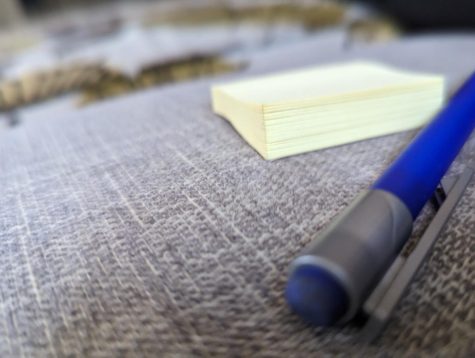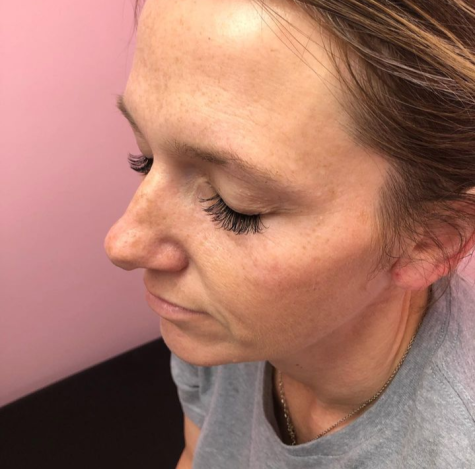How To Improve Sleep Easily
Most research suggests that teens need eight to ten hours of sleep, so why do most teens only get around six and a half to seven and a half hours of sleep each night? Some students stay up late to finish (or maybe start) their homework, some play games on their phones or watch YouTube videos on their bed, and others just have trouble sleeping. We’re all guilty, but whatever the reason, I think we can all agree that we all would like to get more sleep, and being tired at school is exactly that– tiresome. Unfortunately for some students, clubs and outside school responsibilities mixed with lots of homework can take up all their schedule and leave little room for getting more sleep, so here are some efficient and effective tips for getting more sleep that won’t consume your time and will leave you feeling less sleepy all day.
-Do your homework earlier
This sounds too easy, but it really does help. Don’t put it off and utilize your time at school if you are busy later in the afternoon. You could work when teachers give you free time, during P.R.I.D.E, during lunch or on the bus if you have to. Because when you get home, you’ll understandably just want free time after the seven hours of school. Try and finish everything you have to before you eat dinner so that you can relax at night. With a proper studying routine, you’ll be able to prioritize getting good sleep.
-Enforce a sleep schedule
Calculate yourself how many hours of sleep you would like to get. If you consistently wake up at the same time each day, count back to see when you need to go to sleep. Make it a reasonable amount and don’t try to skip from going to sleep at 1 a.m. to going to sleep at 9 p.m. It won’t last and it’ll only mess up your sleep schedule even more.
-Don’t sleep in too much on weekends
Although it’s very tempting, don’t sleep in until noon. It’ll make you feel even more exhausted and differing when you wake up by a lot will only make waking up on Monday even worse than it already is. Instead, try taking a 20 minute or maximum an hour nap sometime after lunch.
-Optimize the sleep-friendliness of your room
Make your bed a comfortable place. Invest in good blankets and pillows and keep your room dark and cool. You can use white noise or other calming sounds to help you fall asleep. Use your bed only when you’re going to sleep so that you can associate specific parts of your room for specific actions.
-Cater your phone to your needs
Ideally, you shouldn’t use your phone at least an hour before bedtime, so that the blue lights that come off of electronics won’t disrupt your sleep. Realistically, that won’t happen, so instead turn your brightness down as time passes until you can comfortably see without straining your eyes. You can set a night shift on your phone to automatically shift the colors on your phone to the warmer side of the spectrum to help too. If you get easily distracted by notifications, try muting your phone or putting it somewhere you can’t reach from your bed.
-Limit bright lights
If you wake up in the middle of the night and need to go somewhere, don’t turn on all of the lights. You can use your phone’s flashlight to guide your way or any other soft light. We’ve all been in that situation before and turning on the lights just forces your eyes to adjust to the brightness and then later back to the darkness which can give you a headache or leave you in bed waiting for them to adjust back so you can go to sleep.
If nothing you’ve tried works, you should talk about going to the doctor with your parents to get sleep medications or other natural supplements to help you sleep. Getting proper sleep will positively affect basically all aspects of your life like you academics, athletics, and your mood. Especially during this stressful and important time of our lives, sleep deprivation is not something that should be negatively affecting our lives and giving us more worries, so please, show yourself some love and get some sleep.



